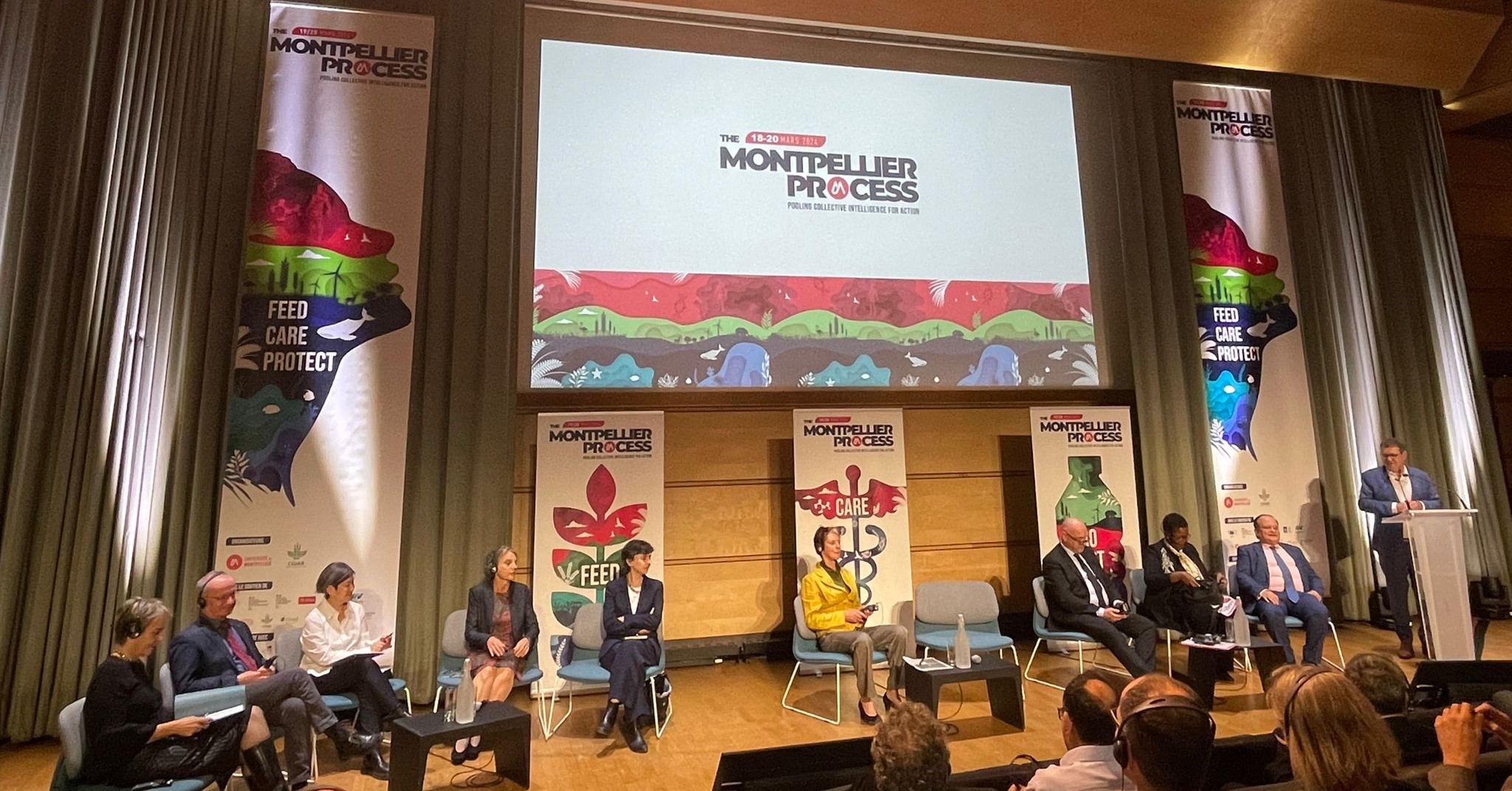SEED FUNDING JOINT PROGRAMMES
Rwanda
Resilient Food Systems: Enhanced Value Chain and Post Harvest Management





PROJECT TITLE | Resilient Food Systems: Enhanced Value Chain and Post Harvest Management |
| Context | Food systems transformation is embedded in several national policies in Rwanda, including the National Transformation Strategy, the Strategic Plan for Agriculture Transformation, the National Environment and Climate Change Policy. In 2021, Rwanda developed its National Pathway, which highlights four priority areas for the country towards 2030: ensuring food security and nutrition for all, while increasing demand for healthy diets; enhancing the environmental sustainability of food systems; improving livelihoods for farmers and all workers in food systems while building resilience to shocks; promoting inclusion of women and youth in food systems, including through enhanced financial opportunities. |
| PUNOs | FAO, WFP, IFAD |
| Contribution to SDGs | SDG 1 No Poverty; SDG 2 Zero Hunger; SDG 8 Decent Work and Economic Growth; SDG 13 Climate Action |
| Contribution to other SDG transitions | Decent Jobs and Universal Social Protection; Energy Access and Affordability |
| Duration | July 2024 – June 2025 |
| Expected financial leverage | $ 3,070,000 |
| Alignment with SG Call to Action | Policy integration; Food systems governance; Research, data, technology and innovation; Inclusive and participatory design; Private sector engagement |
| Outcomes | The JP leverages on improved post-harvest management as a strategic approach to simultaneously reduce food loss, improve incomes, and boost food availability. The JP promotes the economic integration of youth-led MSMEs and builds linkages with partners and initiatives focused on nutrition and food security to connect the dots between food production, processing and consumption. |
| Partners |
|
| Outputs |
|
Advancing food systems transformation through science: Participating in the Montpellier Process

On 19-20 March 2024, in Montpellier, France, a significant conference titled "The Montpellier Process - Pooling Collective Intelligence" was convened. The event brought together 300 participants from the scientific and policy-making communities to discuss the transformation of food systems in line with the ambitious objectives of the 2030 Agenda for Sustainable Development.
The conference structured its agenda around three thematic sessions, aiming to foster a comprehensive dialogue on improving food systems globally:
- Knowledge: Sharing expert panels’ ambitions, challenges, and demands.
- Intelligence: Interactive discussion on moving beyond fragmented intelligence.
- Action: Developing a joint roadmap for pooling collective intelligence
Engagement and contributions
The Hub's participation in the conference, along with the National Convenors of Cambodia and Switzerland, was marked by active involvement in various sessions and constructive interactions with stakeholders interested in the science-policy-society nexus.
The event commenced with a panel discussion on "From Knowledge to Intelligence," featuring notable speakers such as Philippe Augé, President of the University of Montpellier, and Professor Lindiwe Majele Sibanda, Chair of the CGIAR System Board. This session, alongside an opening address by the Mayor of Montpellier, Michaël Delafosse, underscored the importance of integrating knowledge and intelligence in shaping transformative pathways for food systems.
The conference emphasized the complexity of global food systems challenges, advocating for the integration of diverse knowledge systems and collective intelligence to address these challenges, particularly in regions facing pronounced vulnerabilities in the Global South. The Hub's Director, Stefanos Fotiou, highlighted the importance of more balanced exchanges across all sectors and expressed the Hub's support for the objectives of the Montpellier Process, which aims to scale up science-policy-society interfaces to accelerate food systems transformation.
Interactive sessions at the conference facilitated discussions on cross-sectoral collaboration and the role of transdisciplinarity in fostering robust science-policy-society interfaces to accelerate transformation. A workshop co-facilitated by the Hub's Senior SDGs Expert, Nicole de Paula, focused on consumer agency in food system transformation, drawing on case studies from Kenya and Costa Rica, with the support of Consumers International, to illustrate the positive impact of informed consumer choices.
Synthesizing scientific insights
The Montpellier Process served as a platform for synthesizing insights from various scientific perspectives, emphasizing the need for greater collaboration across disciplines. This approach aims to translate scientific findings into actionable policy frameworks, addressing the gap between theoretical discourse and pragmatic interventions.
Acknowledgments and future directions
We extend our profound gratitude to the individuals instrumental in facilitating these important dialogues—Patrick Caron, Fabrice DeClerk, Amanda Harding, and the entire organizing committee.
As the Hub embarks on the next phase of our journey, we remain steadfast in our commitment to advancing food systems that are equitable, resilient, and sustainable.
For further information on the Montpellier Process, please visit the CGIAR event page: https://www.cgiar.org/news-events/event/the-montpellier-process-pooling-collective-intelligence/
